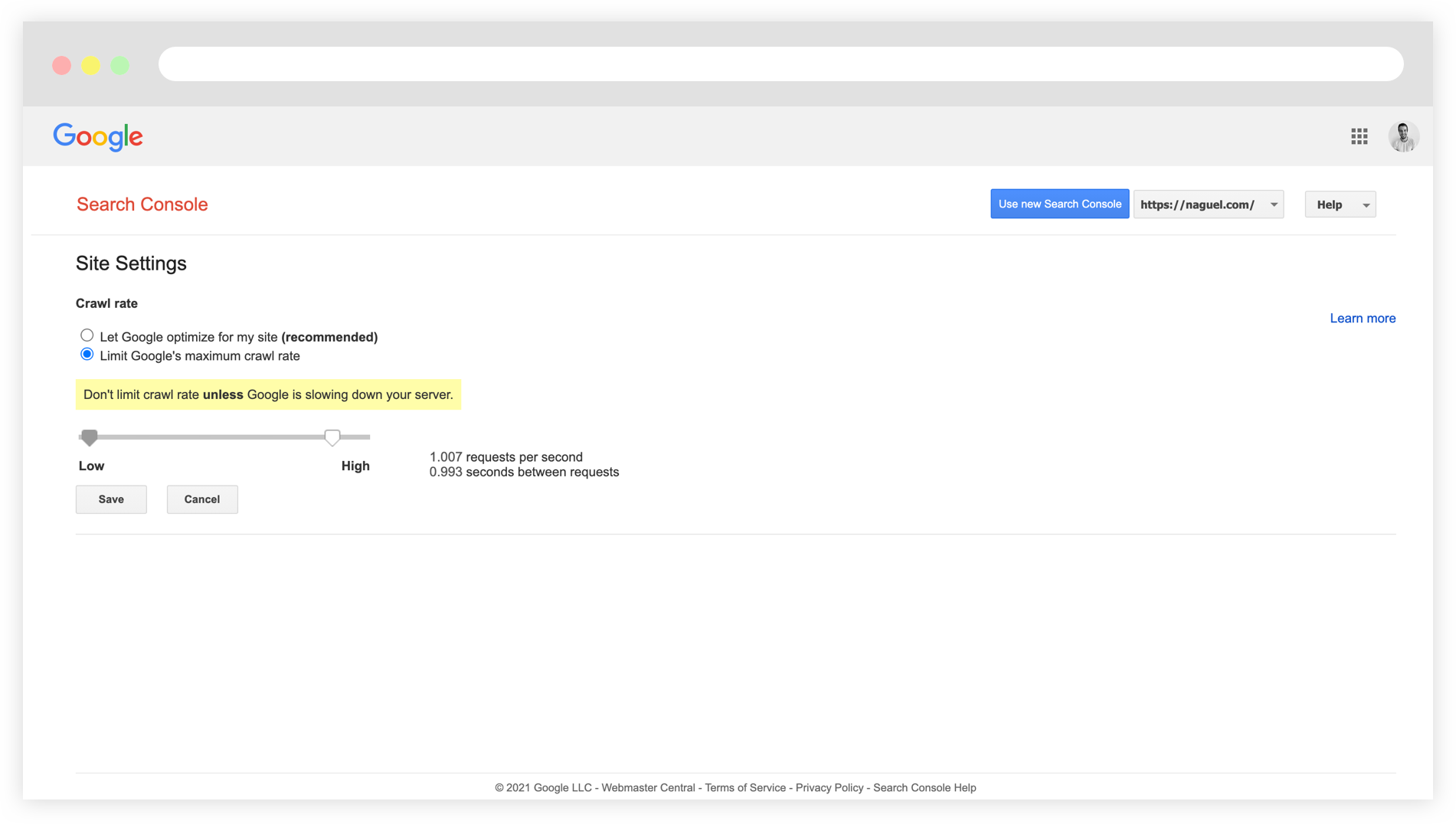A career plan or career path (whatever you prefer to call it) is the way to have some motive to get up in the morning and go to the office. Without it we are just repeating each day in a loop without a long-term goal: get up, shower, go to the office, leave 8 hours later, eat, sleep, and redo.
Is it money what motivates you to get up each morning? That's fine, but that won't work as a stimulus for ever. If you're good at your job you might be able to get money in another company, so that's not the problem here.
When you put money aside and you don't have a career plan... why are you going to work? At some point you'll realize that even by redoing the same day for the next 3 years nothing for you will be different. Isn't that sad?
Have you ever gone to one of those places where you can play arcade video games like Daytona USA? Do you remember that game or any other racing video game? You might recall that countdown on top of the screen that you have to beat, by crossing a checkpoint, before it reaches zero.
That whole concept of going through checkpoints is the career plan, is the reason why you keep your feet on the gas and try to get better on each turn. So, it goes 5, 4, 3, 2, 1 aaannnd checkpoint, and now focus again to get to the next checkpoint having in mind that the following turns must be perfect to avoid losing those precious seconds.
By now you can expect that I'm going to say that not having a career plan is a bad idea for both the company and the employee (I'm not a best-selling author, my way of writing is pretty much straight forward), but you know what's worse than not having a career plan?
Having a wannabe career plan
Designing a career plan is always hard for a company, specially during this era of acceleration where things change too much too fast. So, when trying to accomplish one, companies end up half way with a sort of a career plan that meets nobody's expectations.
A good way to spot a failing career plan is when it's all about fancy titles for the employees but with no well-defined task or responsibilities. For example, in my line of work you can start as Junior, then Semi Senior, Senior... let's assume then Technical Leader, maybe Technical Manager later, following Architect, and finally Developer Ninja Evangelist (I don't know).
Sounds great, and usually each promotion deserves popping a bottle of champagne as it's really a great accomplish. The problem appears when you start getting new job titles but your actual day to day job remains the same.
Yes, that happens a lot. You get your paycheck saying that you are the Manager of All Employees in the company, but you're still doing exactly the same job you were doing for the last five positions (checkpoints). After three promotions you'll wake up one morning and go "Waaaaait a minute".
At some point employees realize that the company is failing at providing a real career plan so this whole concept becomes an internal joke.
The solution is quite simple for the people inside a company with the responsibility to came up with a career plan: sit the duck down, give this task the priority it deserves, take note of your long-term plans, listen to the employees, and create it.
Not having one, or having an incomplete one, is doing more damage than you imagine: employees without motivation, a high turnover rate, low productivity numbers, a lot of complains in the office... good people leaving the company without even submitting to a negotiation process because money doesn't even matter anymore!
Really, non-existence career paths or wannabe career plans will kill a company from inside, and I can't stress that enough.
If your company experiences some of the symptom above, then again people inside your workplace with the responsibility to came up with a career plan should start working on this.
Who? Well, you're part of this task too
The company you're working for won't be able to come up with a career plan by itself, and for sure they can't download a career plan from the Internet. So is essential that you take part of the making of.
No matter your current position, you can identify that there's no career plan in your company and instead of whining you can contribute with what you see is next for the company but missing a role to accomplish it, or what you want to do inside the company but there's no role right now you can aim at.
At the same time, when talking about a promotion or your next role, demand the exact task and responsibilities you will be taking on, and also demand specificity about the tasks you won't be doing anymore (that you would be leaving behind for other to take care of).
If none of that is clear, if so the company is suffering from the wannabe career plan syndrome, then it's up to you to come up with what you want to do next. Come on, don't expect everything on a silver platter.
Having a career plan is good for you as an employee not only for all the motivational purposes I mentioned but also because it will help you to build your professional profile, help you to improve your hard and soft skills. Even if you already thought of not having your current job for the rest of your life, for sure you'll need to show your resume in the next job interview.
And it will look much better if it evidences a career.




